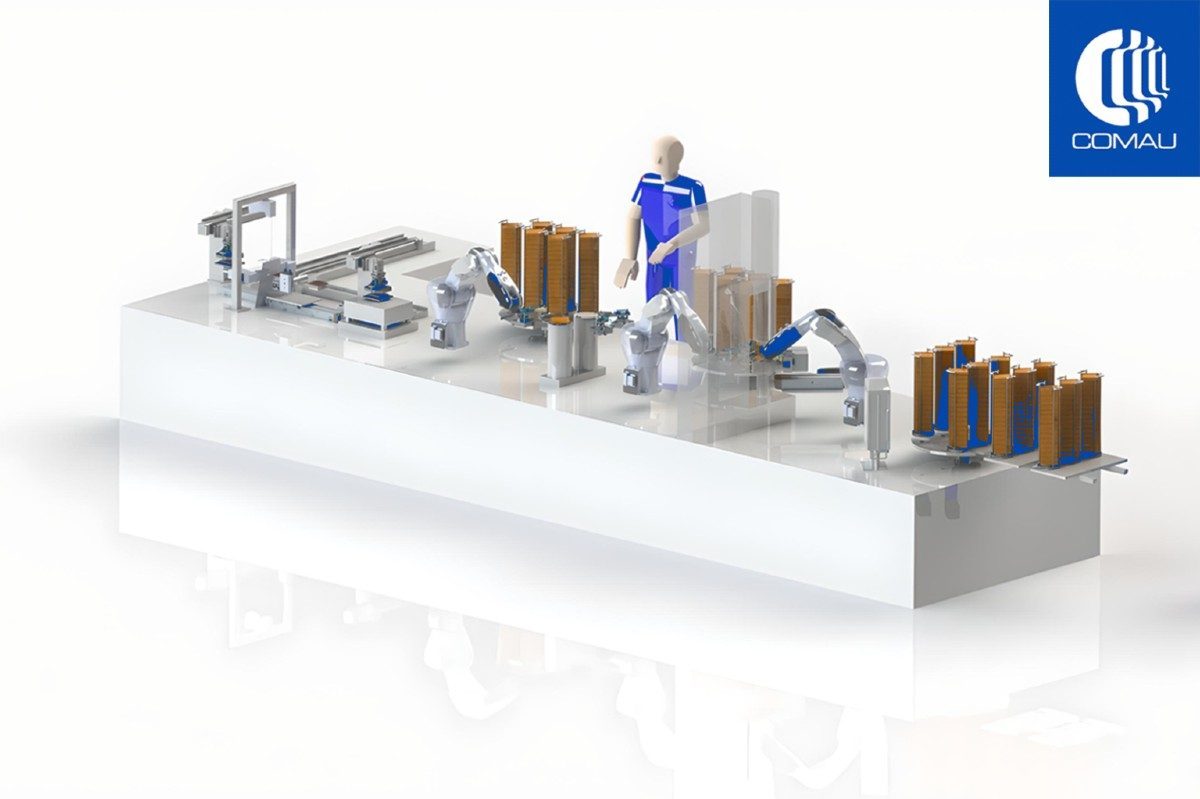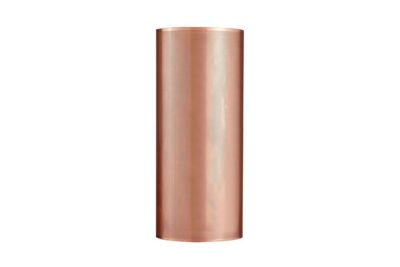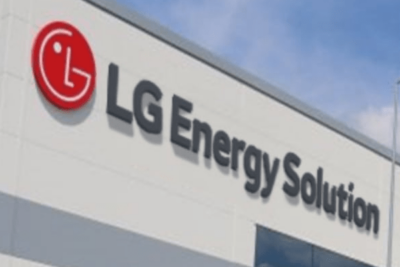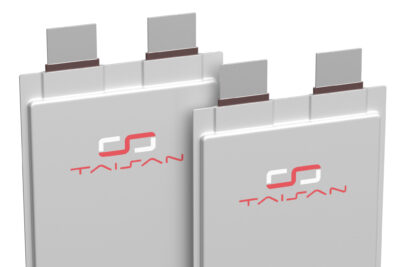Comau and LiNa develop manufacturing for solid-state sodium cells
Engineers from Comau and LiNa have worked together on a technology roadmap to automate LiNa Energy’s cell manufacturing process. Engineers from both companies now aim to create a scalable manufacturing solution for solid-state sodium-metal-chloride battery cells.
LiNa, a spin-off from Lancaster University, will work with Comau to validate an efficient oxygen-free dry box environment, working towards larger-scale manufacturing of low-cost solid-state sodium battery cells. The development work also focuses on the design of the housing and handling equipment for the specific components of the solid-state battery cell, as well as the integration of existing commercially available equipment. This includes Comau’s articulated high-speed cleanroom ‘Racer-5 Sensitive Environments’ articulated robots. The two companies say their collaborative approach means that Comau can propose changes to LiNa’s existing manufacturing methodology to optimize process dynamics in the transition to automated cell assembly.
For Comau, leveraging its ongoing development of new manufacturing technologies for next-generation battery cells means the manufacturing specialist is increasingly able to “provide a 360° cradle-to-grave e-Mobility strategy.” For example, in another project, Comau is developing a fully automated system for battery recycling and second-life reuse as part of the EU’s Flex-BD project
Sodium-ion batteries are a technology that has more recently re-emerged as a factor that would bring a clear cost reduction in the electric vehicle sector. While inexpensive sodium is used instead of increasingly expensive lithium, sodium-ion batteries are known to have a lower energy density, which has generally relegated their use to lower-speed vehicles and stationary storage. LiNa says that the batteries are not intended to completely replace lithium-ion batteries, but should provide high-performance, cost-efficient energy storage that can be optimized for renewable energy integration “in key solar growth markets such as India”.
After having successfully explored the process dynamics and finalised a design proposal, LiNa says it is now looking forward to the next steps in its mission to commercialise sustainable, low-cost solid-state sodium batteries.
Comau is also moving forward on the strength of numerous preparatory steps of development that can inform the collaboration with the British solid-state battery maker. In the spring, Comau joined the EU-funded Spinmate project to develop new manufacturing techniques for solid-state battery cells. The initiative aims to demonstrate a scalable pilot line as a first step towards large-scale production of solid-state battery cells and modules.
The name of this preparatory project, Spinmate, stands for “Scalable and sustainable Pilot line based on INnovative MAnufacturing TEchnologies towards the industrialization of Solid-State Batteries for the automotive sector”. The project started in 2022, lasts four years, has a budget of almost 7 million euros, and is funded as part of the EU research and innovation program Horizon 2020. The Spinmate consortium leader is Avesta Battery & Energy Engineering.
Comau is a specialist in automated production systems for battery cells, modules and complete packs. The Italian Stellantis subsidiary is focused on closing the gap between prototype production and the commercial production of new battery technologies to bring the production of solid-state batteries to an industrial scale. As well as driving the development of modern machines for the assembly of solid-state cells forward, Comau also wants to create new proprietary algorithms for the design of cell production systems.
Based in Turin, Italy, Comau has an international network of six innovation centres, five so-called digital hubs and nine production facilities in 13 countries with 4,000 employees.
Including reporting from Cora Werwitzke






0 Comments